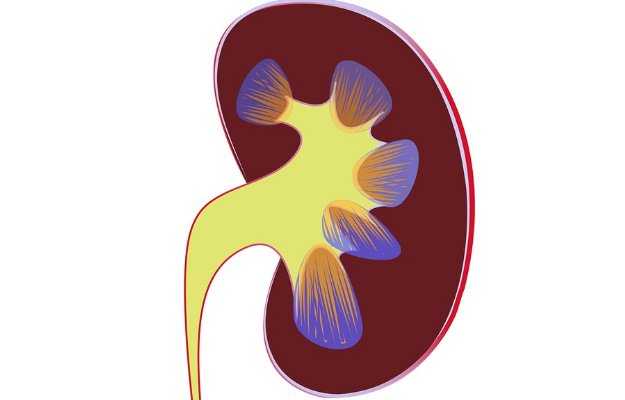What is Nephrotic Syndrome?
Nephrotic syndrome is a condition wherein your kidneys are not functioning as they should. It is marked by the release of a protein called albumin in the urine. This protein is responsible for absorbing the extra fluid from the body into the blood. The protein loss causes retention of fluid in the body leading to oedema. Nephrotic syndrome is observed in both adults and children.
What are its main signs and symptoms?
The following signs and symptoms are observed in nephrotic syndrome:
- Excess protein in the urine (proteinuria)
- Reduced protein levels in the blood (hypoalbuminemia)
- High fat and cholesterol levels in the blood (Read more: High cholesterol treatment)
- Swelling of feet, ankles, and legs (oedema)
- Rare swelling of the hands and face
- Fatigue
- Weight gain
- Loss of appetite
What are its main causes?
Nephrotic syndrome occurs when your kidneys are unable to filter properly. There are two types of causes, viz. primary and secondary.
- Primary Causes: Nephrotic syndrome occurs due to a disease that directly affects the kidneys, e.g., focal segmental glomerulosclerosis and minimal change disease.
- Secondary Causes: Nephrotic syndrome occurs due to a disease that affects the whole body including kidneys, e.g., diabetes, HIV infection, and cancer.
How is it diagnosed and treated?
The doctor will perform a physical examination to determine the presence of oedema. The following are the recommended tests for the diagnosis of the nephrotic syndrome:
- Dipstick test of the urine to determine the presence of protein
- Blood test to determine the protein and lipid levels
- Kidney biopsy
- Ultrasonography
- CT scan of kidneys
Although there is no cure for nephrotic syndrome, the management of symptoms can prevent further damage to the kidney. If the kidneys stop functioning entirely, kidney transplant or dialysis is an option. Your doctor may recommend medicines to
- Control blood pressure and cholesterol
- Reduce oedema by removing excess water
- Prevent blood clots that may lead to heart attack or stroke
Appropriate management of your diet by lowering salt intake and cutting down on fat can be helpful in the management of nephrotic syndrome.

 OTC Medicines for Nephrotic Syndrome
OTC Medicines for Nephrotic Syndrome















